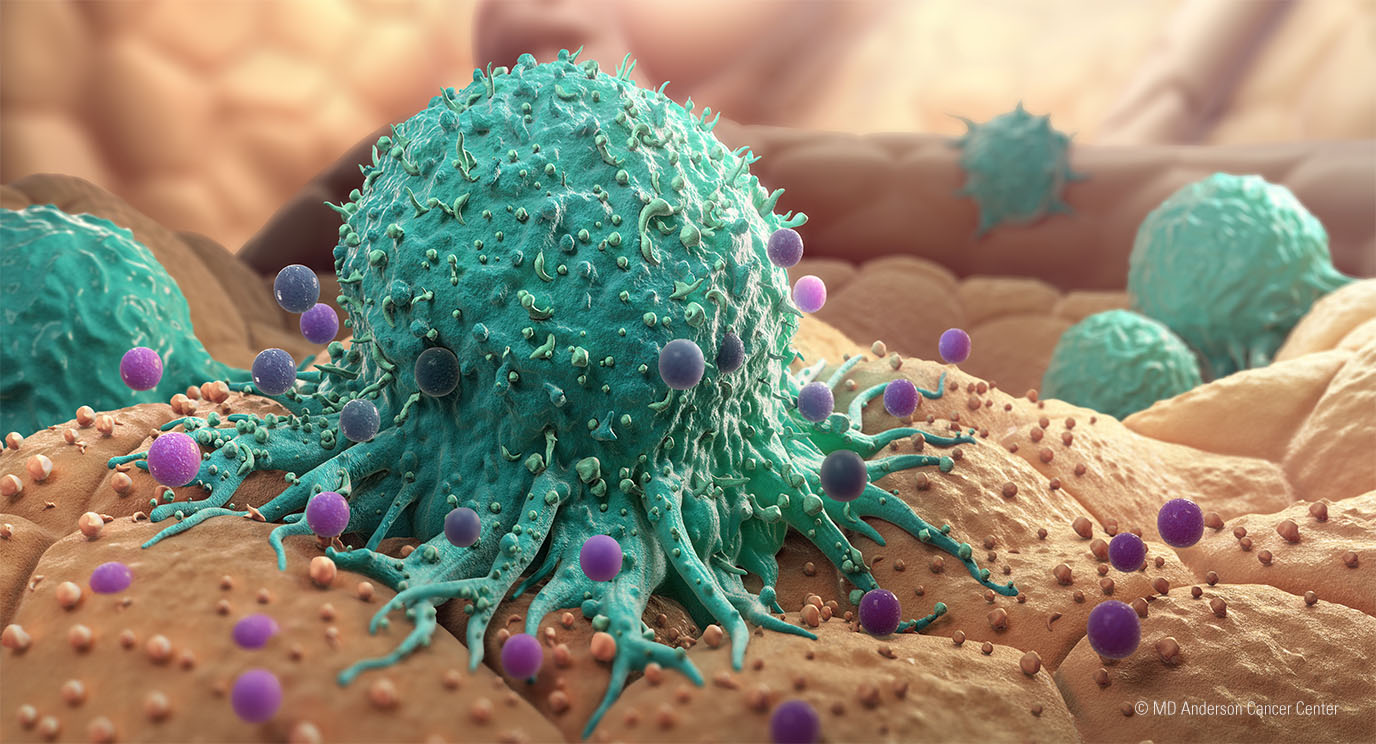UNDERSTANDING HYPOHYROIDISM: Types, Causes, Symptoms, and Treatment Options
INTRODUCTION
Hypothyroidism is a common endocrine disorder that affects the functioning of the thyroid gland, leading to an underactive thyroid. This condition can have a significant impact on various bodily functions and overall well-being. In this blog post, we will explore the different types of hypothyroidism, delve into its causes, identify common symptoms, and discuss potential treatment options for managing this condition effectively.
TYPES OF HYPOTHYROIDISM
There are two primary types of hypothyroidism:
- Primary Hypothyroidism: This is the most common type and occurs when the thyroid gland fails to produce an adequate amount of thyroid hormones. It can be caused by various factors, including autoimmune disorders (such as Hashimoto's thyroiditis), thyroid surgery, radiation therapy, certain medications, and iodine deficiency.
- Secondary Hypothyroidism: This type occurs when the thyroid gland itself is not the primary cause of the hormone deficiency. Instead, it results from a malfunction in the pituitary gland or hypothalamus, which are responsible for regulating thyroid hormone production.
CAUSES OF HYSPOTHYROIDISM
Hypothyroidism can have several causes, including:
- Autoimmune Diseases: The most common cause of hypothyroidism is Hashimoto's thyroiditis, an autoimmune condition in which the body's immune system attacks the thyroid gland.
- Thyroid Surgery or Radioactive Iodine Treatment: Surgical removal of the thyroid gland or treatment with radioactive iodine for thyroid cancer or hyperthyroidism can result in reduced thyroid hormone production.
- Medications: Certain medications, such as lithium, amiodarone, and some anti-thyroid drugs, can interfere with thyroid hormone production.
- Congenital Factors: Some individuals are born with an underactive thyroid (congenital hypothyroidism) due to a malfunctioning thyroid gland or an absent thyroid gland.
SYMPTOMS OF HYPOTHYROIDISM
The symptoms of hypothyroidism can vary from person to person, but common signs and symptoms include:
- Fatigue and sluggishness
- Weight gain or difficulty losing weight
- Cold intolerance
- Dry skin and hair
- Constipation
- Muscle weakness
- Depression or mood swings
- Impaired memory and concentration
- Menstrual irregularities
- Elevated cholesterol levels
- Swelling of the face, hands, or legs (in severe cases)
It's important to note that these symptoms may develop gradually and can be
mistaken for other health conditions, making accurate diagnosis crucial.
TREATMENT OPTIONS
The treatment of hypothyroidism aims to normalize thyroid hormone levels and alleviate symptoms. The most common treatment approach is hormone replacement therapy, which involves taking synthetic thyroid hormones, typically in the form of levothyroxine (T4), to supplement the deficient thyroid hormone production.
KEY CONSIDERATIONS FOR MANAGING HYPOTHYROIDISM
- Accurate Diagnosis: A thorough evaluation by a healthcare professional, including blood tests to measure thyroid hormone levels, is essential for an accurate diagnosis and appropriate treatment.
- Individualized Medication Management: The dosage of thyroid hormone replacement medication may need to be adjusted over time based on regular monitoring of hormone levels and symptom assessment.
- Lifestyle Modifications: Adopting a healthy lifestyle, including a balanced diet, regular exercise, stress management, and adequate sleep, can support overall thyroid health and enhance well-being.
- Ongoing Monitoring: Regular follow-up appointments with a healthcare professional are necessary to monitor thyroid hormone levels, adjust medication dosages, and address any concerns or changes in symptoms.
CONCLUSION
Hypothyroidism is a common endocrine disorder that can significantly impact various aspects of health and well-being. By understanding the types, causes, and symptoms of hypothyroidism, individuals can seek appropriate medical attention and adopt effective treatment strategies. With accurate diagnosis and proper management, individuals with hypothyroidism can lead fulfilling lives and maintain optimal health with the support of healthcare professionals and lifestyle modifications.
There are Forever products available that are popular among individuals seeking natural health and wellness solutions. These products are known for their high-quality ingredients and may offer potential benefits.
1. Gin Chia
2. Aloe Berry Nectar
3. Forever Royal Jelly
4. Nature Min
DISCLAIMER: The information provided here is for educational purposes only and does not constitute medical advice. Always consult with a licensed healthcare professional before starting any new dietary or supplementation regimen, especially if you have pre-existing medical conditions or are currently under medical treatment.
NOTE: Please remember that these product descriptions are not intended to make any medical claims, and it is important to consult with a licensed healthcare professional for personalized advice and guidance regarding specific health conditions and treatment options before using or consuming any the products mentioned anywhere in this page/website.










.jpg)